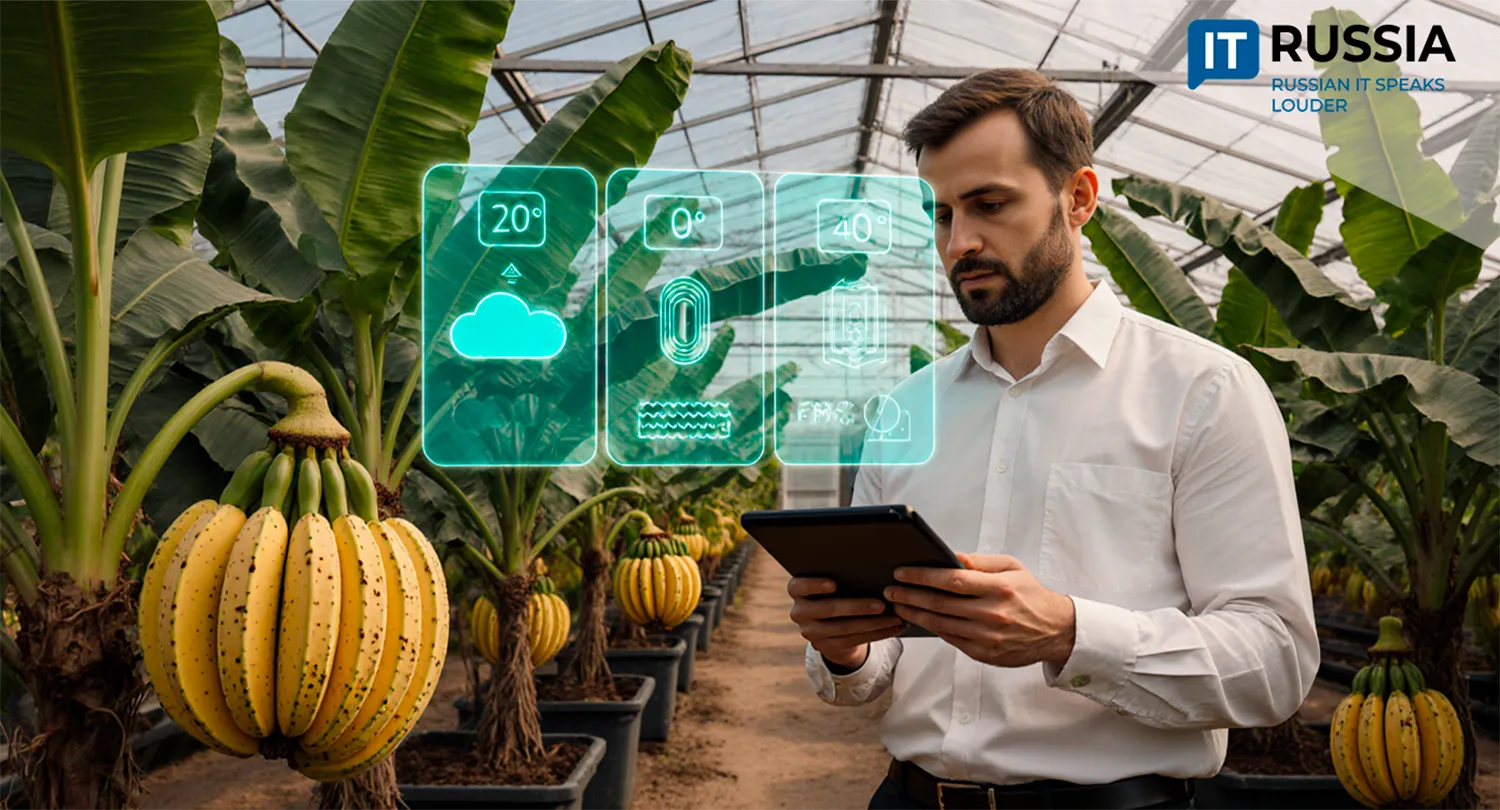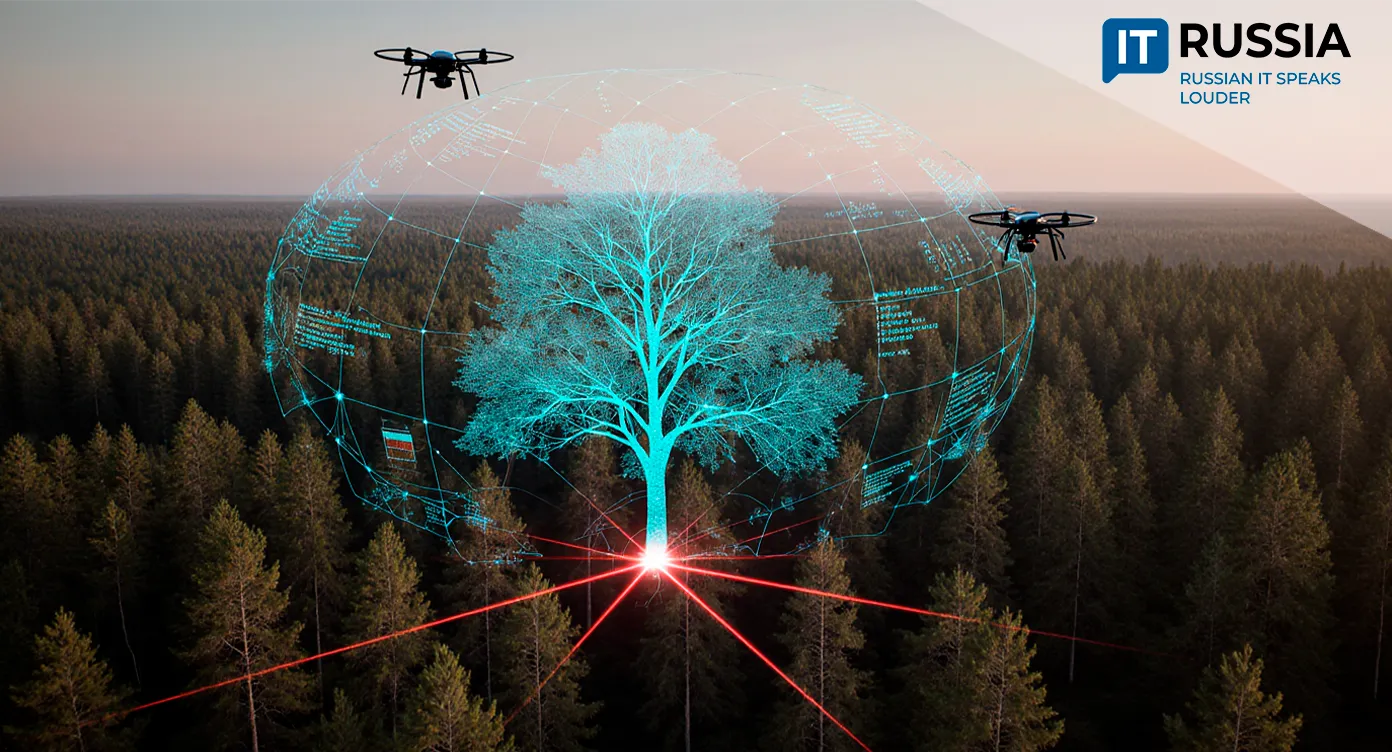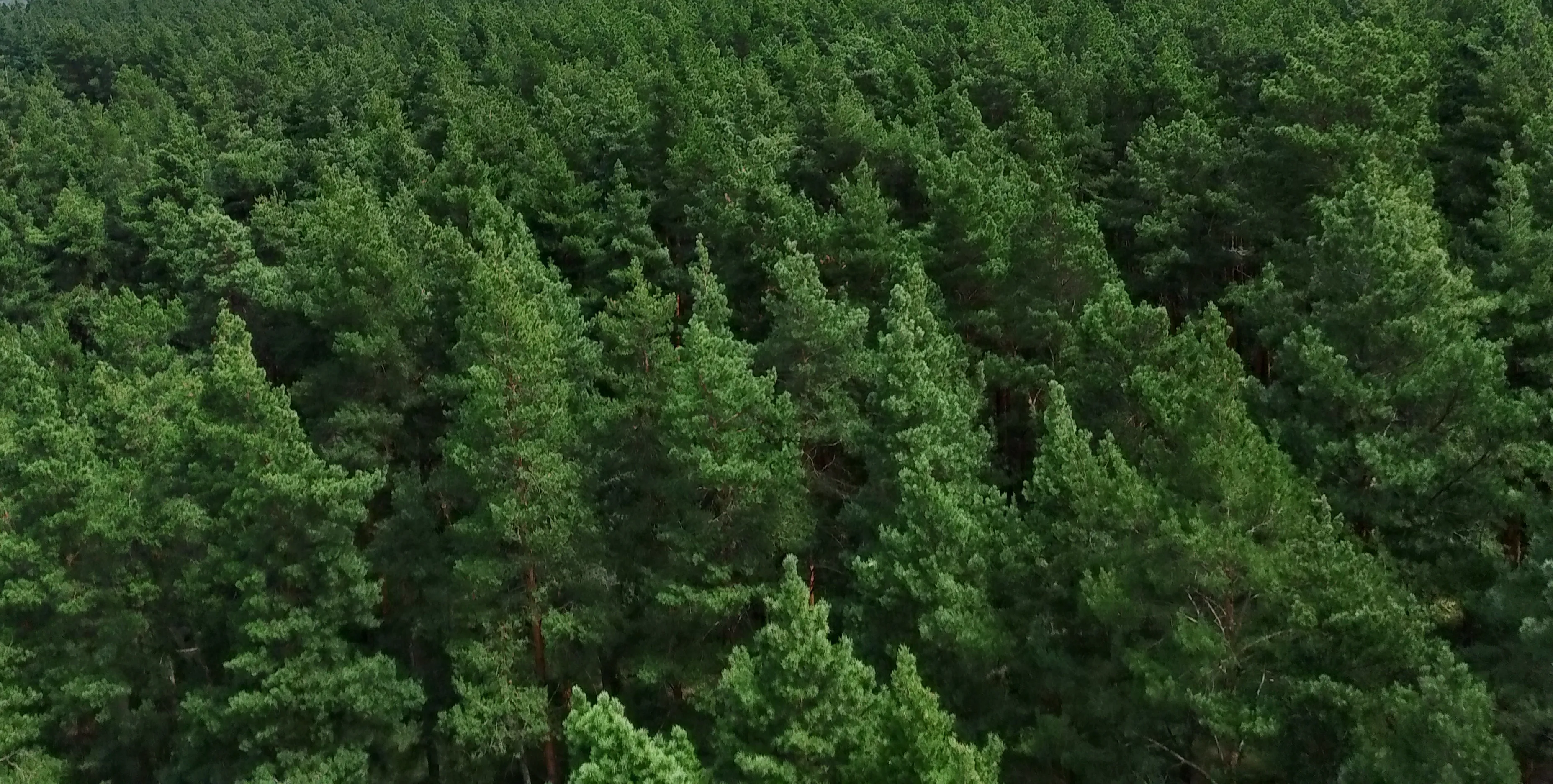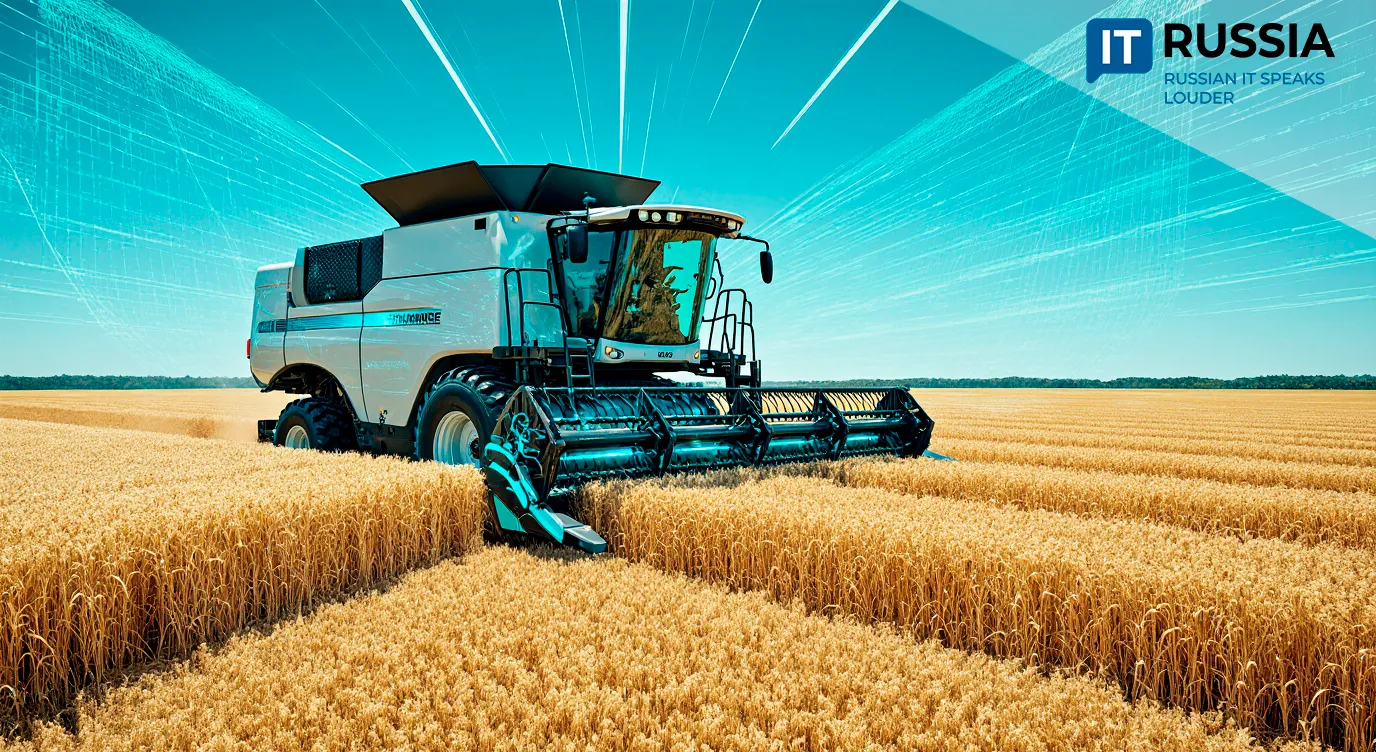Calibrating Weeds: Harmful Plants Enter a Digital Catalog
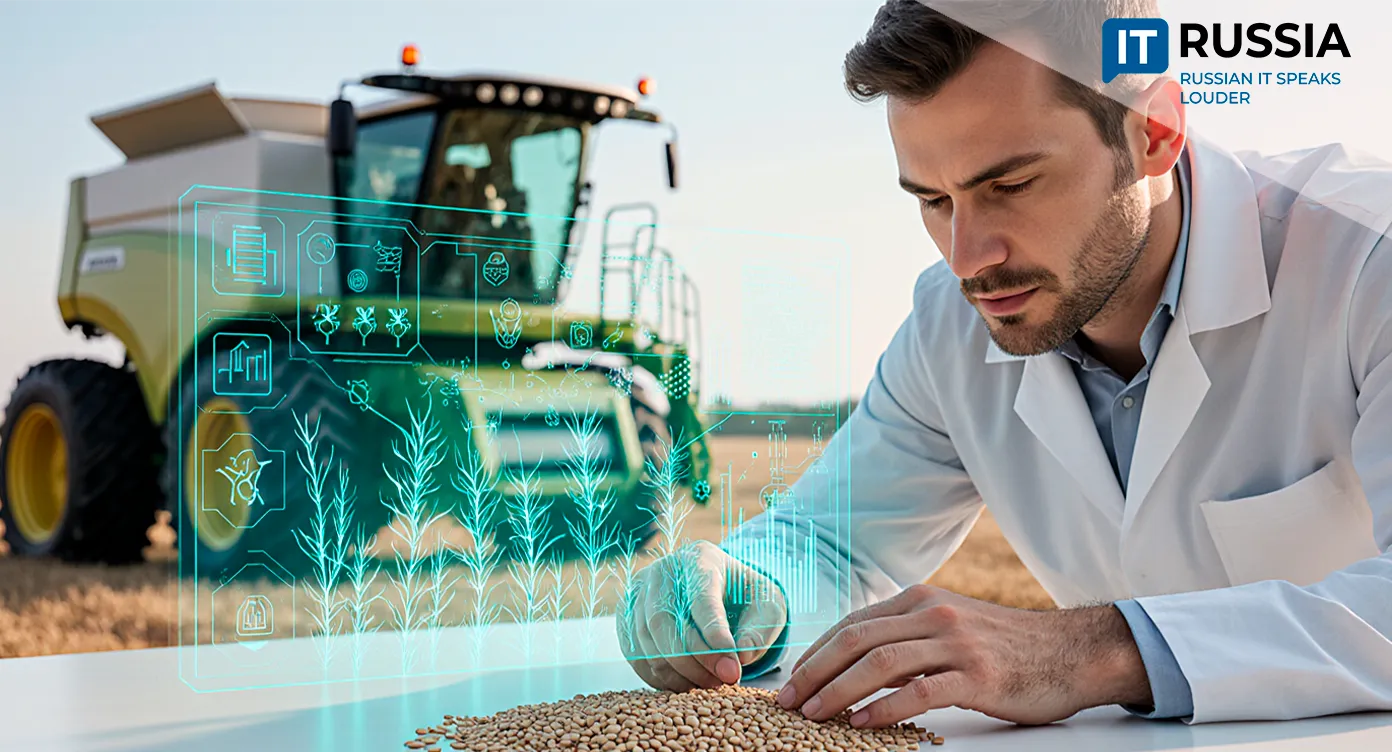
Altai-based company SiSort is helping agronomists protect crops from weeds with the help of artificial intelligence.
The Challenge of Weeds
Weeds have long been a serious problem for farmers. They deprive crops of light, water, and nutrients. For example, the common bindweed can extend roots five meters deep, draining moisture around cultivated plants. As a result, moisture shortages in weed-infested fields become critical, and crops start to die because water goes to parasitic plants.
The same happens with nutrients: weeds absorb nitrogen, phosphorus, potassium, and other essential minerals, often nullifying the effects of fertilizers.This means that before watering and fertilizing, farmers must first remove weeds.
Some species release chemicals that hinder the growth of nearby crops. Others block sunlight during early growth stages, outpacing grains and vegetables. Seedlings die from a lack of light, while reduced soil microbiological activity worsens in the shade of weeds.
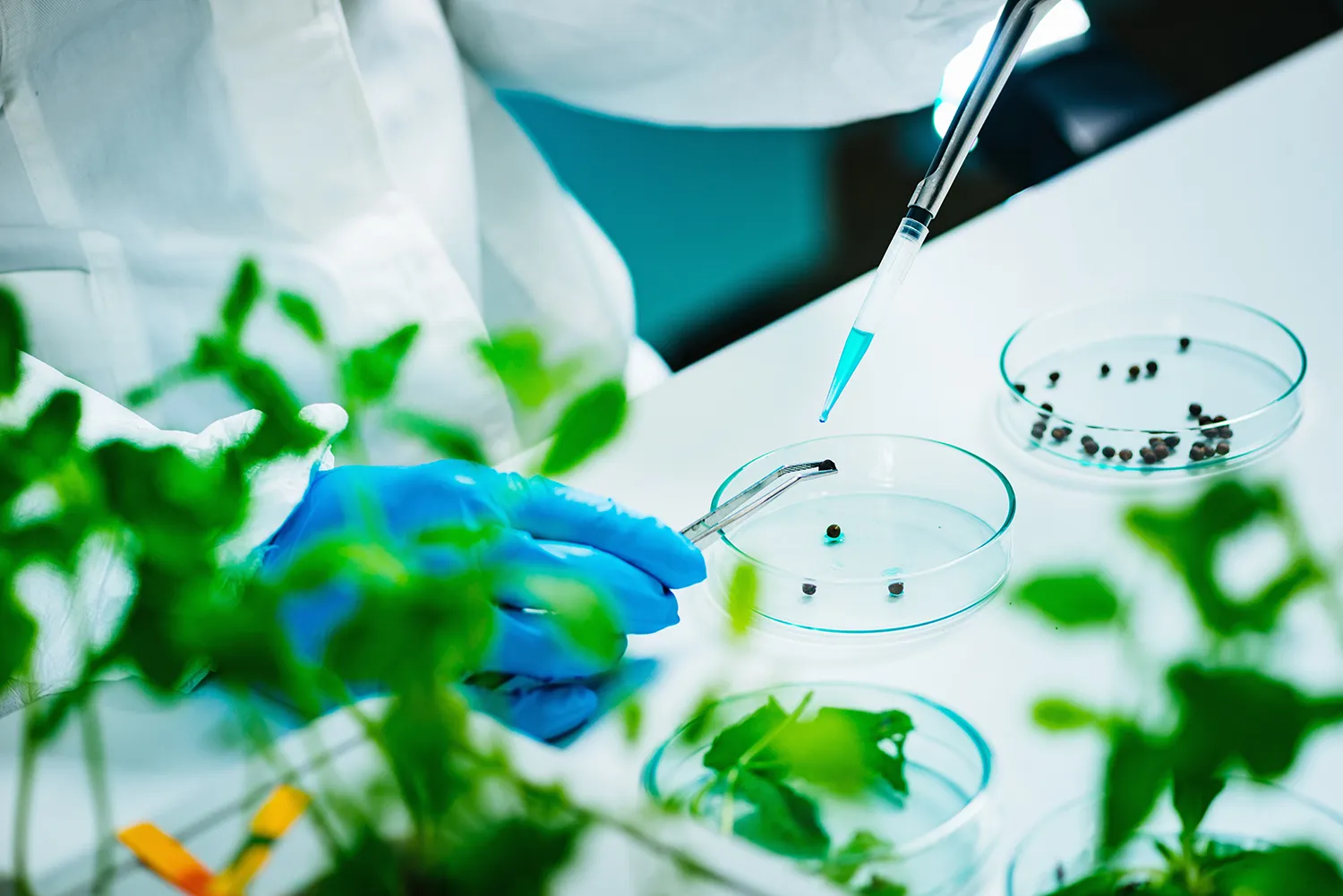
Weeds also spread diseases, acting as reservoirs for harmful microorganisms, and attract pests and rodents. Finally, they complicate and raise the cost of fieldwork, as machinery efficiency drops significantly in weedy fields.
In short, weeds must be eliminated.
A Catalog of Enemies and Allies
Farmers need to know their enemy—and not confuse it with a friend. That is why SiSort specialists, together with Voronezh Agrarian University, are developing an electronic weed catalog. They are building it on the Calibr platform, originally created for measuring the size of crop seeds.
The partnership started after a meeting at the YugAgro agricultural exhibition in Krasnodar. The joint work is aimed at creating a digital resource that allows farmers to quickly recognize weed species from photos of raw material samples. The system is synchronized with photo separators—seed sorting equipment—improving calibration accuracy and raising final product quality.
The digital catalog is a long-term project, since it requires continuous database expansion. It already includes hundreds of common weeds, though the total number of species across Russia is around 2,500. Compiling complete information will take considerable time.
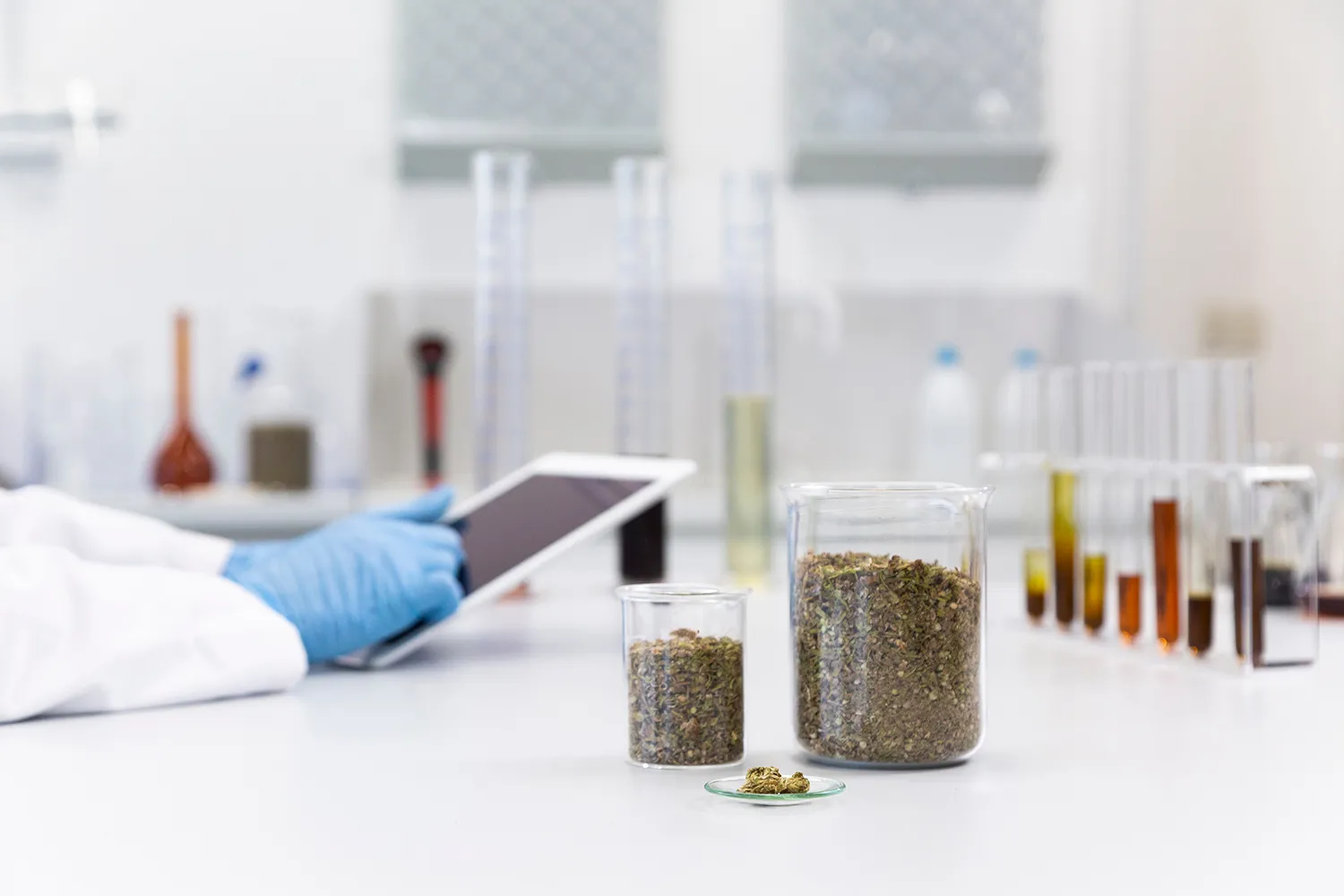
Expertise and Practical Tools
In addition, the company plans to supplement the catalog with descriptions of beneficial crops to improve accuracy when identifying unwanted plants.
According to Konstantin Klimchuk, head of digital transformation at SiSort, farmers can now send a photo of contaminated raw material directly to the Calibr Telegram bot. The service then suggests a specific weed species or offers similar options. Developers are also working on features to detect impurities, including quarantine weeds.
For accurate analysis, farmers are advised to photograph a small portion of raw material on a white background with a five-ruble coin for scale and send it to the bot. Expanding the database will significantly improve recognition algorithms.
Developers also plan to integrate a system for assessing how detected weeds affect future yields and to provide herbicide recommendations. Experts emphasize that modern digital tools will become essential assistants for Russian farmers.
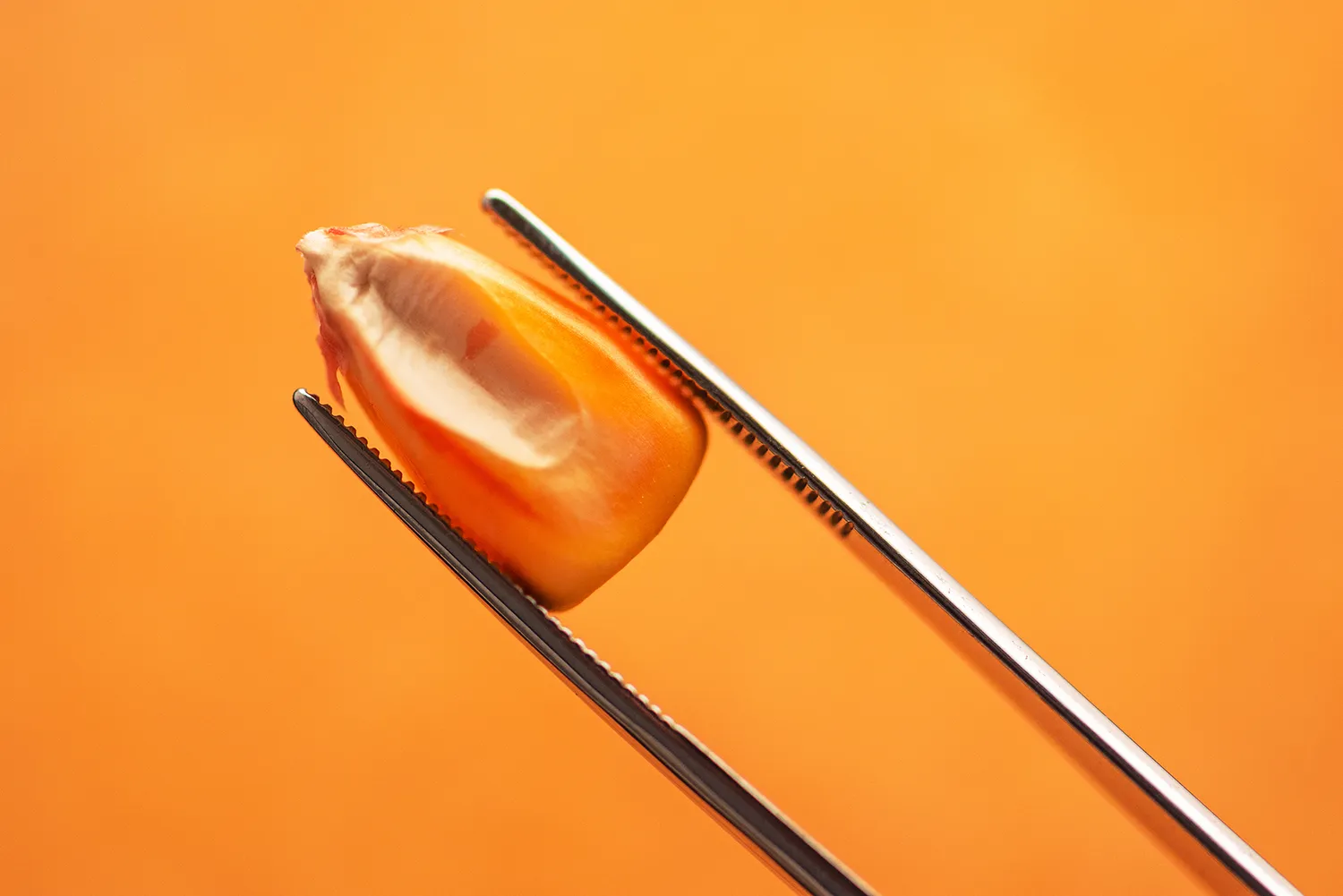
Growing Demand
The new service will be especially valuable for small and medium-sized producers who often lack professional agronomists on staff. Automation will help farmers make faster decisions on herbicide use and yield optimization.
The system is integrated with SiSort’s photo separators, making it even more useful. Future upgrades, including web and mobile interfaces, as well as integration with ERP systems and GPS/agricultural drones, will make the catalog a vital part of precision farming systems under development in Russia. It will also be included in guides and agricultural applications sold via subscription.
Meanwhile, advances in neural networks and AI for more accurate weed detection promise to increase yields and food production across Russia.
Globally, demand for digital seed cleaning and sorting solutions is rising. Once adapted for foreign markets, the catalog—together with photo separators—could become an export product, especially in developing countries where rapid gains in agricultural efficiency and food output are urgently needed.






